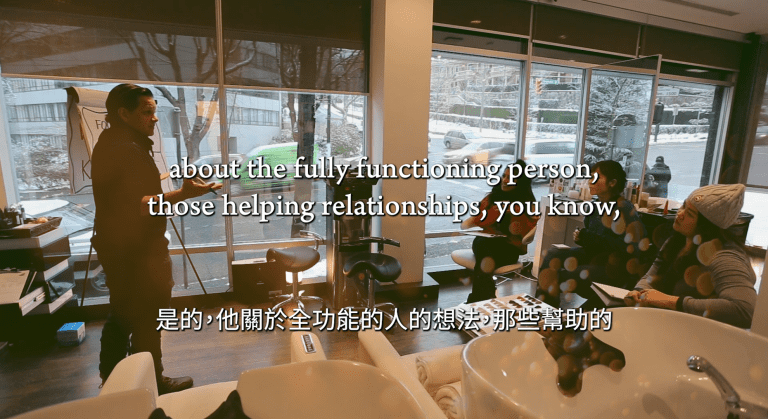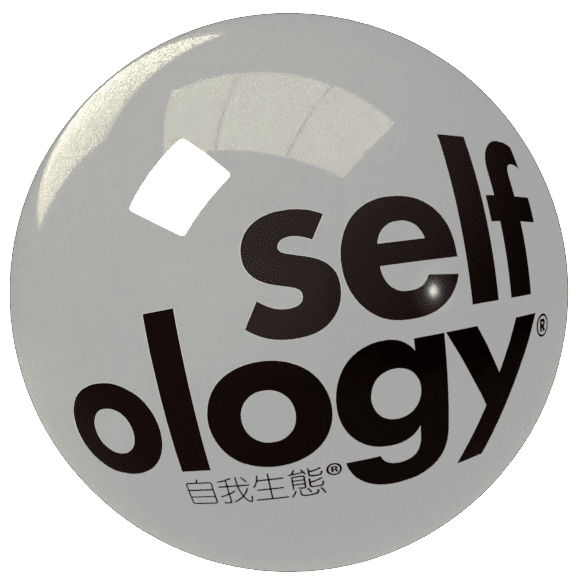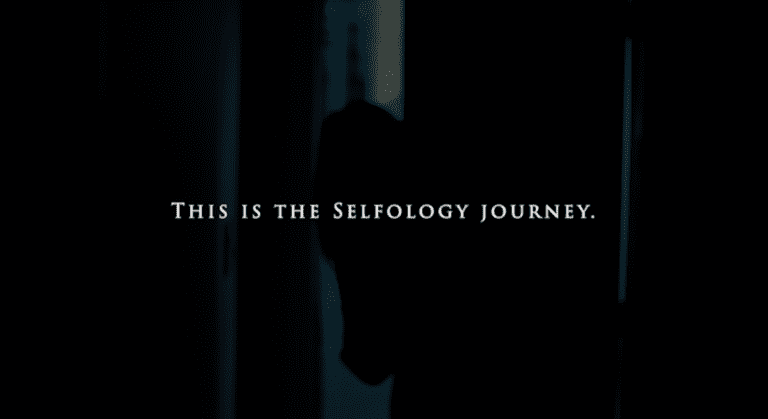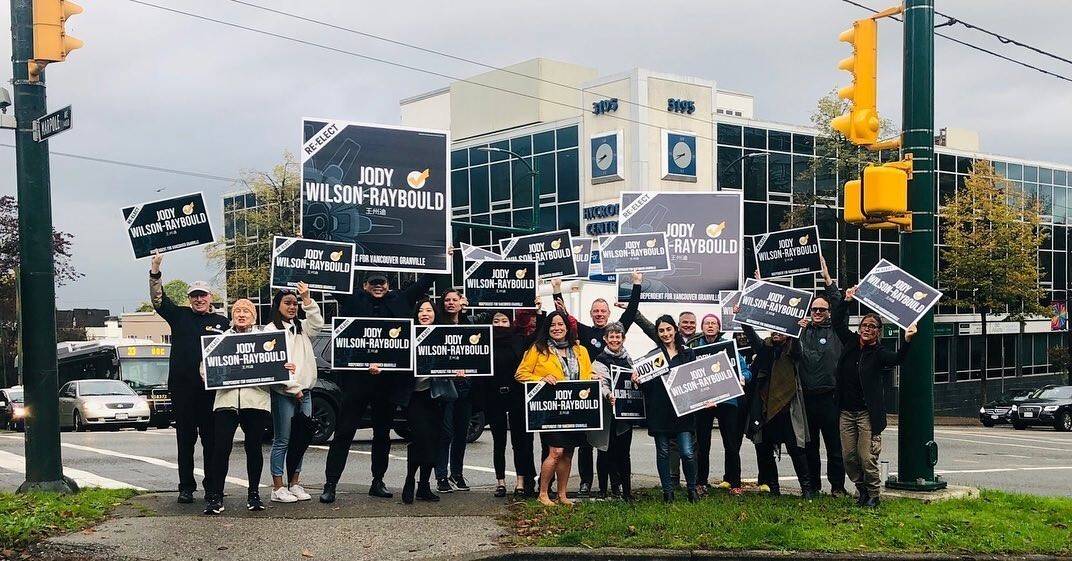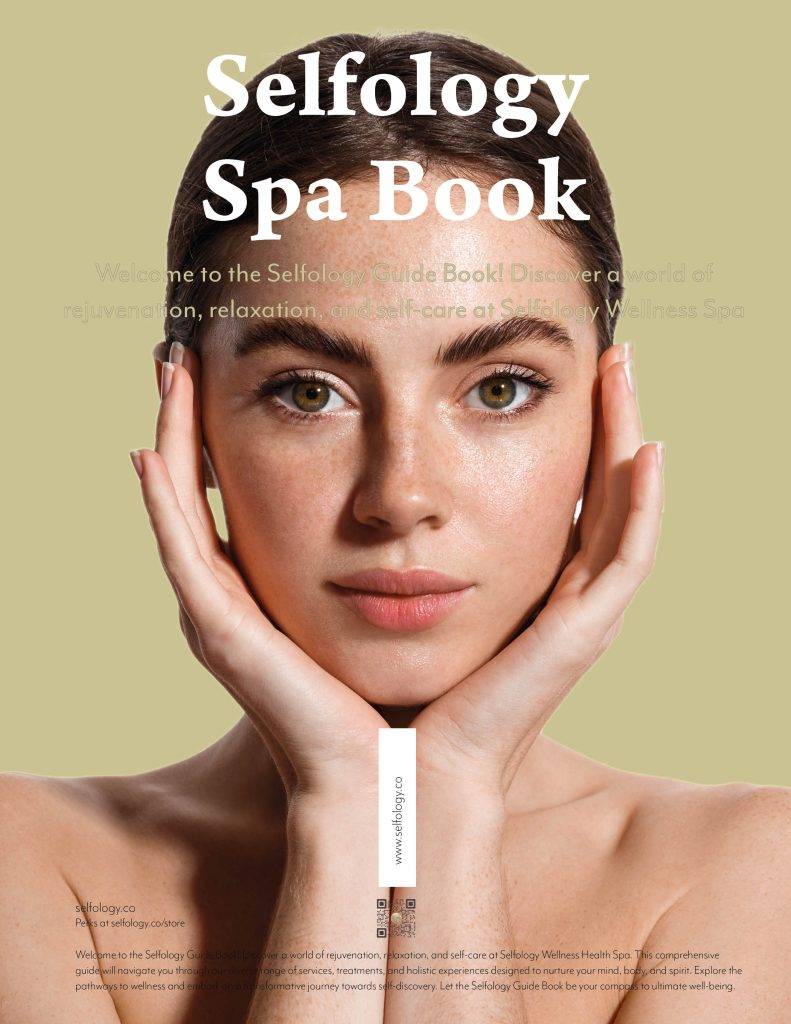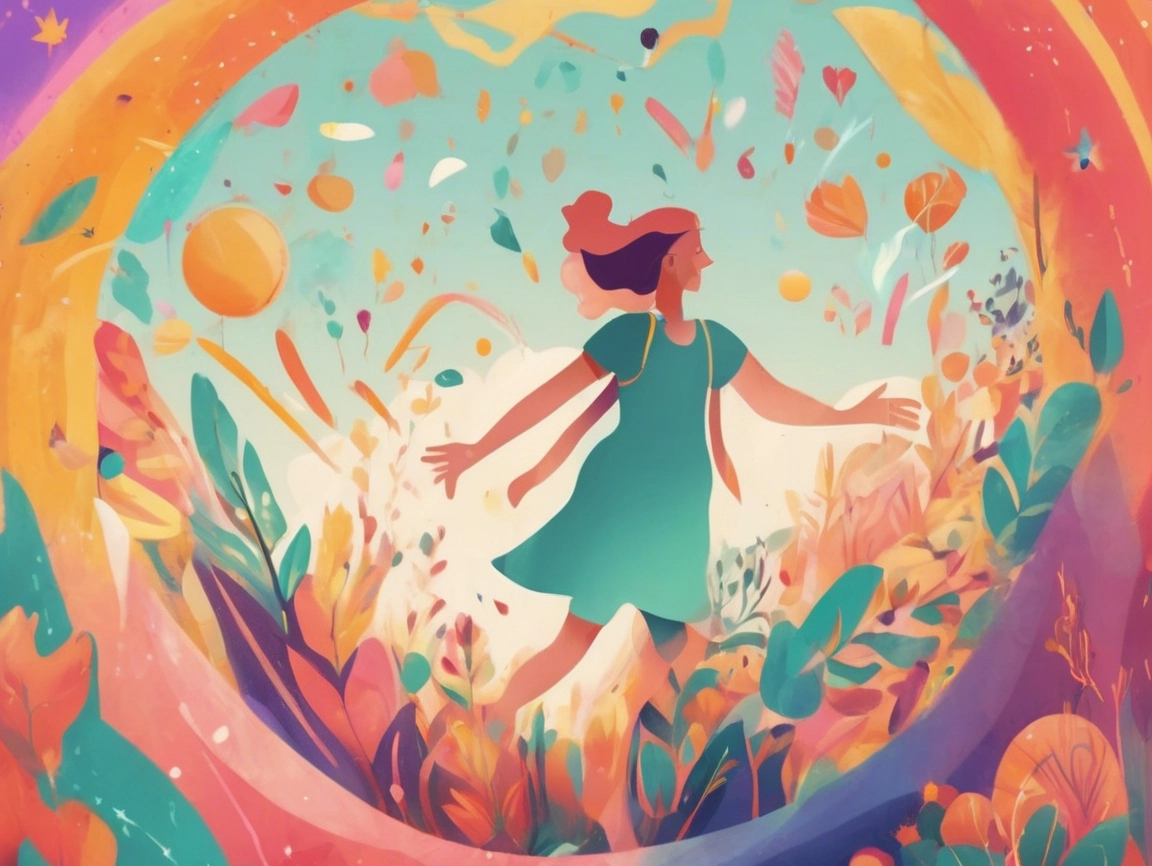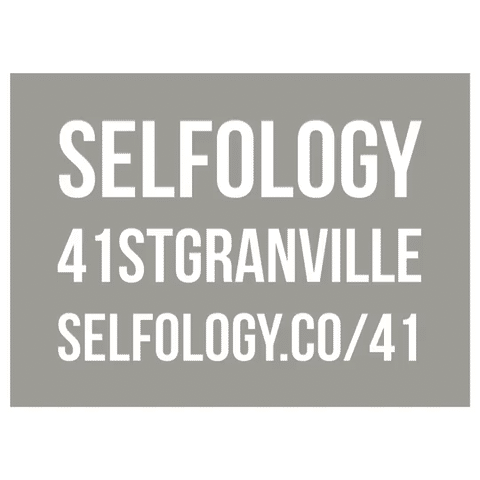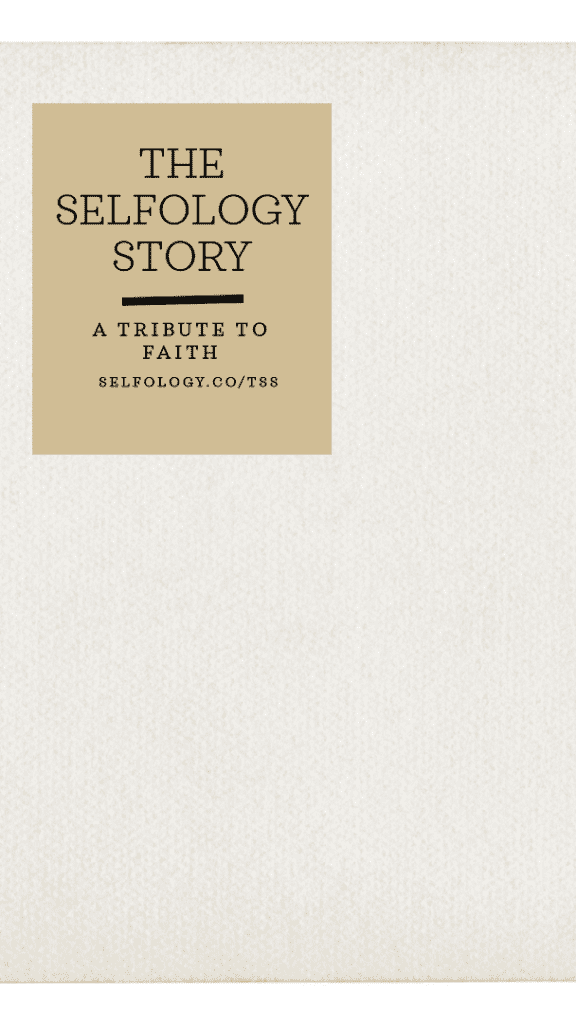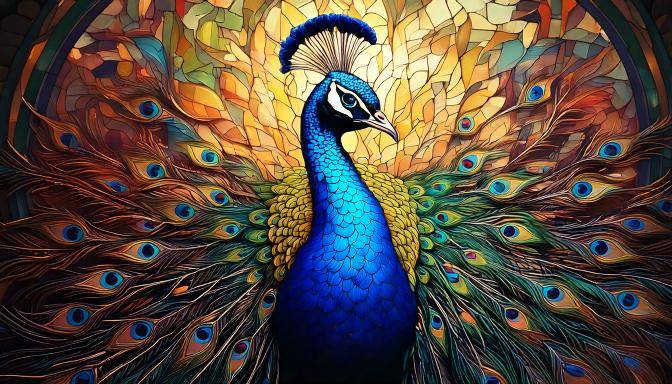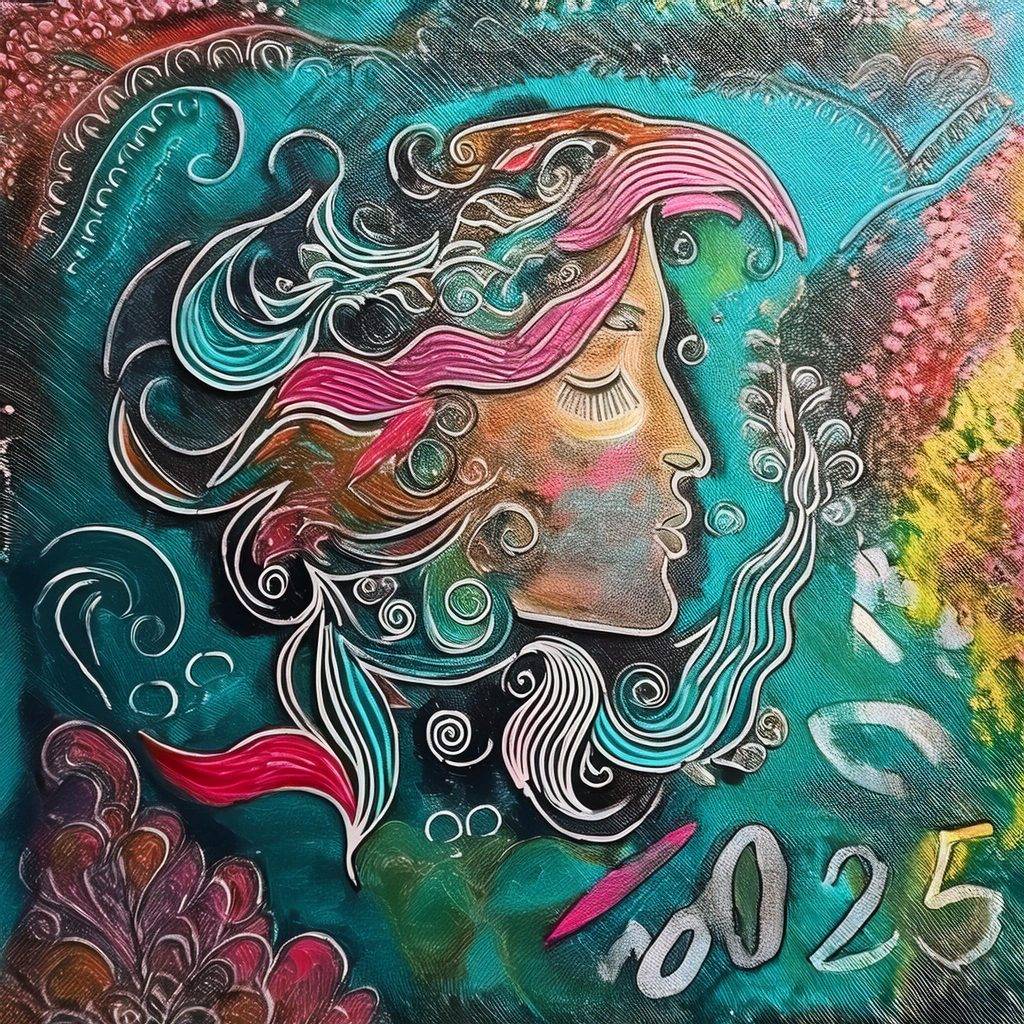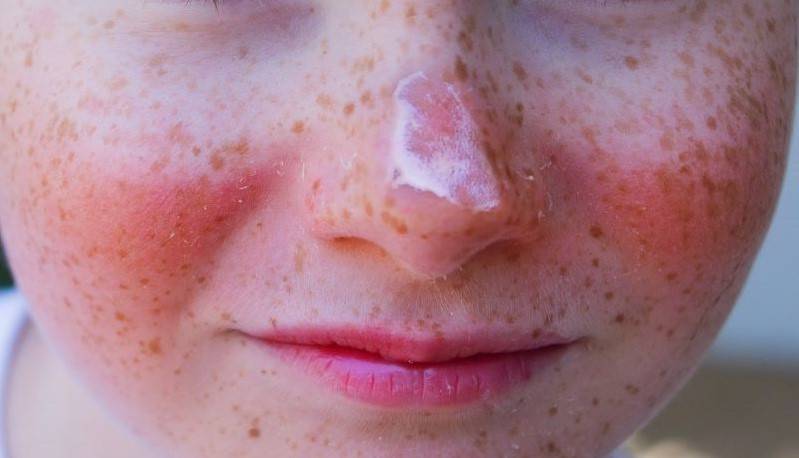2025.01.01 8110 [SELFOLOGY] Plan Podcast
This is the Selfology journey.
Welcome to our podcast, where we blend diverse sources to explore Carl Rogers' humanistic psychology and the innovative Selfology business plans.
This is the Selfology journey.
Welcome to our podcast, where we blend diverse sources to explore Carl Rogers' humanistic psychology and the innovative Selfology business plans.
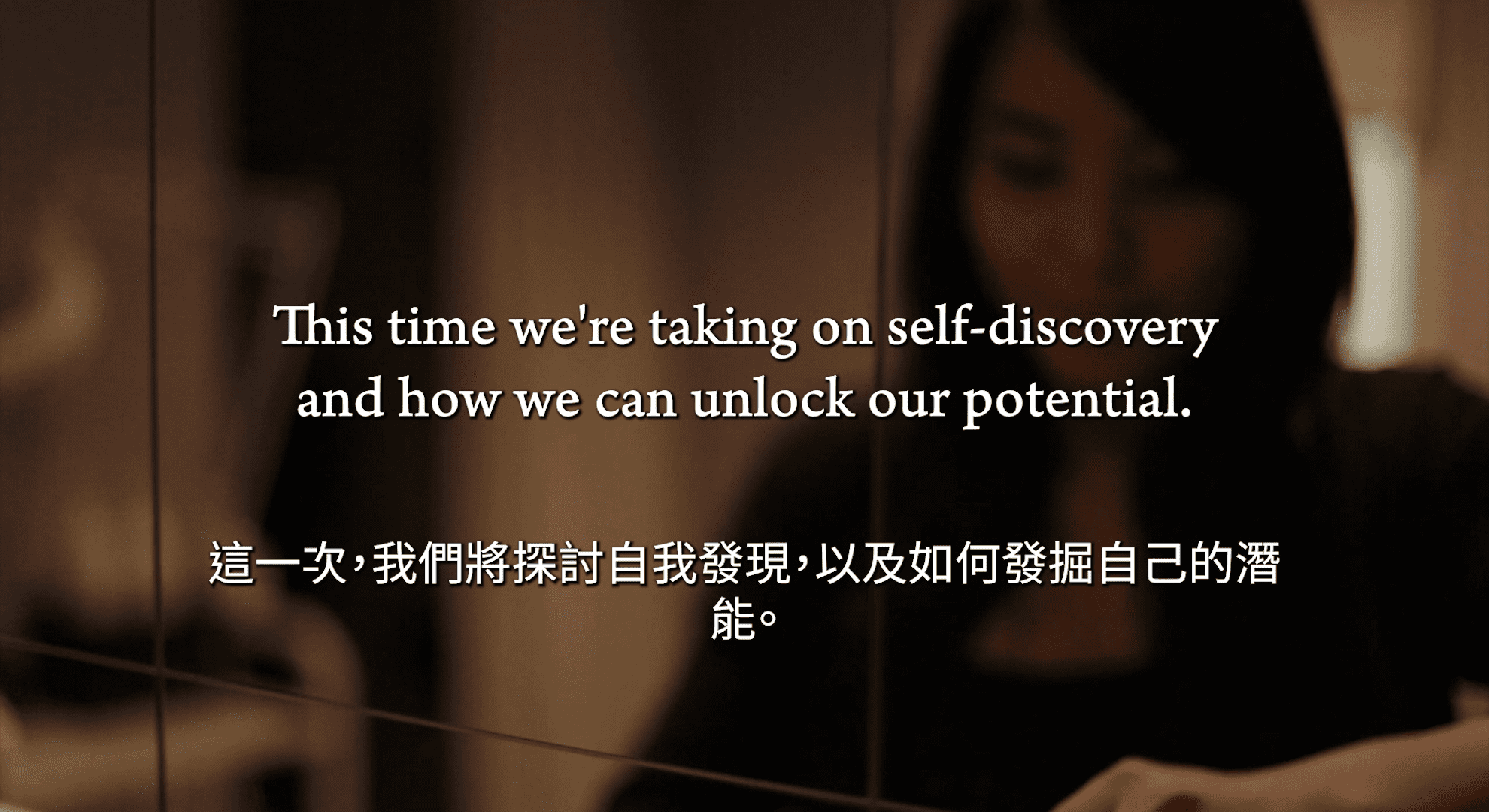
Deep Dive: Self Discovery and Unlocking Potential
Introduction
0:07
Welcome to another deep dive, everyone. This time we’re taking on self discovery and how we can unlock our potential. We’re going to be looking at, well, a couple of different sources here. That’s exciting. Yeah. We’ve got this, this classic psychology book, Carl Rogers on becoming a person, which came out, Wow, back in 1961. Yeah. And we’re also going to be looking at something very, very 21st century, a business plan for adventure called selfology. Interesting combination. How do those even connect? Well, that’s what we’re going to find out.
The Fully Functioning Person
0:38
It’s kind of like they’re both speaking to this, this deep human desire, you know, to grow, to improve, to become like the best versions of ourselves. Yeah, absolutely. Whether it’s through therapy or or maybe even laser treatments. Right. Exactly. And that’s what we’re here to unpack in this deep dive. We’ll be looking at the core concepts from Roger’s work and seeing how they, well, how they show up in the self ology business. It’s like a plan. So let’s start with Carl Rogers. One of his big ideas is this concept of the fully functioning person.
1:09
It’s not about, you know, being perfect. It’s more about, like, a way of being. Yeah. He describes these individuals as being really open to experience, living in the moment authentically, trusting their own judgment,
1:22
and having a sense of freedom in making choices. So it’s less about like checking off boxes and more about like cultivating certain qualities that lead to a more fulfilling life. Exactly. And here’s where things get even more interesting. Rogers believed that personal growth doesn’t happen in isolation. He emphasized the importance of relationships, especially what he called helping relationships. OK, so tell me more about these helping relationships. What makes them so special? Well, Rogers believed that to truly understand another person, you need to step into their
1:52
issues, see the world through their eyes, even risk being changed by that experience. He actually called it risky.
1:59
It requires letting go of judgments and our preconceived notions. Wow. Yeah. It really makes you think about, like, how often we approach interactions with with our own biases, right? It does. And it challenges us to be more present, more empathetic, more open to truly connecting with others. Now, did Rogers believe that everyone wants to grow and change? Absolutely. He saw this inherent motivation for change. He called it within each person a drive towards self actualization. Like, like a powerful force. You know, he even compared it to
2:30
like a mainspring of life. It might be buried by our experiences but never extinguished. That’s a powerful image, like a wellspring of potential inside each of us. Precisely. And his research showed that certain qualities in these helping relationships were key qualities like genuineness, unconditional positive regard and empathy. You know, think of them as the the fertile ground where personal growth can flourish. So it’s not just about having people around, it’s about the the quality of those connections, the feeling of being truly seen. Right.
On Air: This is the Selfology journey. | Transcripts
Deep Dive: Self Discovery and Unlocking Potential
Introduction
0:07
Welcome to another deep dive, everyone. This time we’re taking on self discovery and how we can unlock our potential. We’re going to be looking at, well, a couple of different sources here. That’s exciting. Yeah. We’ve got this, this classic psychology book, Carl Rogers on becoming a person, which came out, Wow, back in 1961. Yeah. And we’re also going to be looking at something very, very 21st century, a business plan for adventure called selfology. Interesting combination. How do those even connect? Well, that’s what we’re going to find out.
The Fully Functioning Person
0:38
It’s kind of like they’re both speaking to this, this deep human desire, you know, to grow, to improve, to become like the best versions of ourselves. Yeah, absolutely. Whether it’s through therapy or or maybe even laser treatments. Right. Exactly. And that’s what we’re here to unpack in this deep dive. We’ll be looking at the core concepts from Roger’s work and seeing how they, well, how they show up in the self ology business. It’s like a plan. So let’s start with Carl Rogers. One of his big ideas is this concept of the fully functioning person.
1:09
It’s not about, you know, being perfect. It’s more about, like, a way of being. Yeah. He describes these individuals as being really open to experience, living in the moment authentically, trusting their own judgment,
1:22
and having a sense of freedom in making choices. So it’s less about like checking off boxes and more about like cultivating certain qualities that lead to a more fulfilling life. Exactly. And here’s where things get even more interesting. Rogers believed that personal growth doesn’t happen in isolation. He emphasized the importance of relationships, especially what he called helping relationships. OK, so tell me more about these helping relationships. What makes them so special? Well, Rogers believed that to truly understand another person, you need to step into their
1:52
issues, see the world through their eyes, even risk being changed by that experience. He actually called it risky.
1:59
It requires letting go of judgments and our preconceived notions. Wow. Yeah. It really makes you think about, like, how often we approach interactions with with our own biases, right? It does. And it challenges us to be more present, more empathetic, more open to truly connecting with others. Now, did Rogers believe that everyone wants to grow and change? Absolutely. He saw this inherent motivation for change. He called it within each person a drive towards self actualization. Like, like a powerful force. You know, he even compared it to
2:30
like a mainspring of life. It might be buried by our experiences but never extinguished. That’s a powerful image, like a wellspring of potential inside each of us. Precisely. And his research showed that certain qualities in these helping relationships were key qualities like genuineness, unconditional positive regard and empathy. You know, think of them as the the fertile ground where personal growth can flourish. So it’s not just about having people around, it’s about the the quality of those connections, the feeling of being truly seen. Right.
3:00
Yes, exactly. And what’s fascinating is that these findings, they have implications beyond therapy. You know, they influence fields like education, business and of course, personal relationships, right? It really makes you wonder how many of our own relationships actually embody those qualities. It does and how we can, you know, foster them more intentionally. That’s a great question to think about. And, and here’s another interesting idea from Rogers.
The Good Life as a Process
3:27
He saw the good life not as like a destination. It’s more like a process, an ongoing process. Ohk OK. Yeah. He observed that people in therapy, they often shift away from, you know, living by the expectations of others and move towards embracing their own unique, ever changing selves. Like we’re constantly evolving, right? Shedding those old layers and discovering new, new parts of ourselves as we go. Right. And trying to fit into, you know, someone else’s mold, It kind of stifles that process. Absolutely.
Connecting Rogers’ Work to Self-ology
3:57
So, so this brings us to where we can start connecting Roger’s work to the self ology business plan. They seem to be tapping into this idea of self actualization, but in in a more like concrete way, right? Yes, very much so. They’re taking these complex psychological ideas and applying them in a well in a market driven context. OK, so how does this self ology concept actually play out? What are they offering that that connects to Rogers? Well, they provide a range of services like laser treatments, massage therapy. They even have
4:27
alternative therapies like acupuncture. Interesting. All of it is geared towards, you know, enhancing well-being and self esteem. So while Rogers was like deep in the human psyche, self ology is more focused on the the outer layers. You could say that, yes. But but they’re both trying to tap into that drive for improvement we talked about. Right. It seems that way. Yeah. Yeah. And it raises a really interesting question.
4:50
How much of our drive for self improvement is actually about internal shifts versus external changes? Hmm. That is a good question, and it’s something we’re gonna have to explore more deeply. I have to admit, I’m a little skeptical about how like, laser treatments fit into Rogers’s idea of becoming a person. Yeah, I can understand that. It’s a valid point. And it raises some some fascinating questions about
5:12
about the tension between scientific advancements and personal experience, something that Rogers himself actually grappled with. Oht really. Tell me more about about how he viewed that tension. Well, he saw this inherent paradox in trying to understand ourselves. On the one hand, we have science with its, you know, objective observations, data and all that. And on the other, we have the subjective reality of our inner world, you know, our thoughts, our feelings and experiences. He argued that we can’t just ignore either perspective.
5:43
OK, so it’s not about choosing one over the other. It’s about like finding a way to hold both of those truths precisely. Think about it like trying to understand what makes you know what makes you you. We can look at your, your genetic makeup, your personality traits based on like a test. That’s the science part, right? But then there’s also that intangible essence of who you are, either the unique way you experience the world. That can’t be like fully captured by data.
6:09
That’s the tension Rogers highlights. He he urged us to be open to both, you know, the objective and the subject of recognizing the the richness and complexity of well of being human. OK, so, so how does this tension play out in the context of of something like self ology? Because they’re, they’re using scientific advancements like laser technology to address very personal desires, like the desire to look better, to feel better. It’s a perfect example of that interplay. And it brings up the question, how do we ensure that these, you know, these advancements are actually used to empower
6:40
people and not just feed into those societal pressures and insecurities? That is a big question and one will definitely be exploring more as we dig deeper into sophrology and and it’s implications. But before we get there, what’s what’s standing out to you so far in Roger’s work? Anything. Anything resonating with you personally,
6:56
honestly, Yeah. His emphasis on understanding,
7:00
you know, and the power of those helping relationships, it’s making me reflect on on my own interactions and how I can be, you know, more present, more empathetic in in my own relationships. Yeah, I hear you. I’m right there with you. I think for me, it’s that idea of
7:15
the good life as a process, not a, a destination. It’s a it’s incredibly freeing. You know, it takes the pressure off of achieving some perfect state, right? And it allows us to just just embrace that journey of becoming. I love that. And I think it sets the stage perfectly for us to really explore self ology. We’ll be looking at how they actually translate these ideas into, you know, a business model and if they manage to to capture that essence of Roger’s vision. Welcome back to our deep dive into self discovery
Self-ology and its Alignment with Rogers’ Vision
7:45
Morning Carl Rogers work. Yeah his ideas about the fully functioning person, those helping relationships you know, and that concept of the good life as as a journey, not a destination right and we just started to to touch on this business plan for self ology. Yeah, this modern venture that seems to be taking inspiration from from Rogers. OK, so let’s let’s dive deeper into self apology, shall we, and see, see how it actually aligns with with Rogers vision. Yeah, from what we’ve gathered so far, it looks like self ology offers a pretty wide range of
8:16
services. Oh yeah, yeah. All aimed at, you know, boosting well-being and self esteem. Things like laser treatments for like skin rejuvenation, massage therapy for relaxation, even alternative therapies like acupuncture and aromatherapy. It’s an interesting mix. I have to admit, I’m still, I’m still kind of struggling with how some of these services, especially the ones that are really focused on physical appearance, you know, how they connect to Rogers’s emphasis on on authenticity and self acceptance.
8:46
Yeah, no, it’s a, it’s a valid struggle. And I think it really gets to the heart
8:50
of a, of a key tension that that we keep coming back to in this deep dive. OK, that tension between, you know, external changes, yeah. And, and real internal growth, right. Because Rogers is all about like moving away from living by those, you know, those expectations that other people put on us, embracing our true selves. Exactly. And it’s, it’s easy to see how how striving for a, for a certain physical appearance, which is so often dictated by, you know, societal norms, how that could, could clash with that idea. So
9:21
how does self apology address this, this potential conflict? Are they just like catering to those societal pressures or are they offering something, something deeper? Well, they, they try to bridge that gap. You know, they frame their services as ways to enhance,
9:38
to enhance self esteem and well-being, which they argue can then pave the way for personal growth. OK, so, so they’re not just saying come here and we’ll erase your wrinkles or we’ll make you look thinner. They’re saying these services can help you, you know, feel better about yourself, which might then give you the the confidence to make like other positive changes. Yeah, that’s the that’s the argument they’re making. But isn’t there a danger in, in commodifying self improvement this way? You know, does does self ology risk turning personal growth into just another product to to consume? It’s, it’s a valid
10:08
concern for sure. And I think that’s where individual awareness and, and intentionality becomes so, so important. So you mean it’s up to each person to like to decide why they’re choosing the those services and whether it’s, you know, whether it actually aligns with their, their own values and goals. Exactly. It’s about asking yourself, am I, am I doing this to conform to some, some external ideal? Or am I doing this for me to, you know, to feel more confident and comfortable in my own skin? It’s that internal locus of evaluation
10:39
that, that Rogers emphasized, yeah, that ability to trust our own, you know, judgment and make choices based on what, what truly resonates with us exactly. And that’s a that’s such a crucial element that we, we have to bring to, to any self improvement endeavor, whether it’s therapy, a selfi ology treatment or, or any other path that we choose. So, so how does, how does self ology incorporate this, this idea of, of self reflection and intentionality into their their business model? Do they? Well, from what I can see, you know, their main focus is on providing those services, but they do, you know,
11:10
do emphasize creating a welcoming and supportive environment, you know, for their clients, AA space where people feel seen and heard. So do you think those those helping relationship qualities that that Rogers identify, you know, genuineness, unconditional positive regard and empathy, could those, could those actually play a role even even in a in a business setting like this? Absolutely. Even in a setting that’s, you know, that’s focused on those external transformations, the, the quality of the interactions, the feeling of being truly
11:41
accepted and, and supported, you know, that can make a huge difference. So it’s not just about the, the treatments themselves. It’s about the, the human connection that surrounds them. Exactly. And that brings us back to Rogers’s view of the good life as as an ongoing process. You know, self ology seems to be offering like a, a snapshot in time away to, to enhance well-being or, or self esteem at, at a specific moment. But, but what happens after that? Yeah, that’s the question, isn’t it? Does, does self ology actually provide the tools and, and the support
12:11
for, for less and growth? Or is it, is it just a temporary fix? And that’s something we’ll, we’ll be looking at more in in the last part of our deep dive, you know, we’ll be exploring the potential limitations of self ology, but also, you know, it’s potential to, to be like a catalyst for deeper, more, more sustainable personal growth. I’m excited to get into that. Before we move on. I’m curious what, what’s resonating with you about this whole self ology thing? Honestly, I’m intrigued by, by their attempt to, to bring Roger’s ideas about self actualization
12:42
into a, into a more accessible, you know, like a mainstream setting. It raises some really interesting questions about how we as a, as a society, you know, approach personal growth and what, what role businesses can play in that, in that journey. I think it’s also prompting us to, to examine the, the potential pitfalls of, you know, commodifying self improvement. Like where, where do we draw that line between, between self-care and just, you know, buying into those, those external pressures, right, right. And how do we make sure that, you know, these, these advancements in technology
13:13
and, and Wellness practices are, are used to actually empower individuals, you know, not just not just perpetuate those, those unrealistic ideals. These are definitely questions worth worth thinking about. Yeah. And as we head into that final part of our, of our deep dive, I, I will leave you with with a thought to consider. Oh yeah. If Rogers is right about the potential for even organizations to become more, you know, fully functioning, what, what might that actually look like in the context of, of a business like self ology? You know, could they create a model that not only
13:44
provides those services, but also empowers individuals to become more, more self aware, more connected, and ultimately more more fully functioning in in their own lives? That’s a that’s a powerful challenge. It it suggests that self ology could be could be more than just a, you know, business, but a force for good. Exactly, And it’s a it’s a challenge that I think we can all, you know, take to heart, whether we’re running a business or or leading A-Team or just, you know, navigating our own, our own personal growth. Absolutely. So as we head into the
14:16
final part of our deep dive, you know, keep keep that challenge in mind, everyone. We’re gonna be exploring that that potential for self ethology to become, you know, more than just a business, but but a a catalyst for for positive change. Stay tuned. Welcome back to the final part of our deep dive. We’ve covered a lot of ground, haven’t we? We have we’ve been looking at Carl Rogers ideas, you know, that fully functioning person, the power of understanding and empathy. Oh, and that good life is a process thing, right?
Self-ology’s Potential and Limitations
14:47
dug into this self ology business plan, seeing how could it could be empowering, but also, you know, maybe play into some of the societal pressures that Rogers was talking about. Exactly. And, and we left off with a big question, didn’t we? Did could a business like Sulphur Ology actually become a force for for good, a catalyst for change, you know, maybe even beyond just personal change? It’s a bold idea. And like we’re saying, there’s some some tricky parts to figure out for sure. Like like that tension we’ve been talking about. Yeah, focusing on those external transformations
15:17
versus that that genuine internal growth. Yeah, exactly. And one thing that that really stood out to me when we were looking at their business plan, you know, they talk about creating this supportive environment, but but there’s not a lot about the process of personal growth, which Rogers was like, you know, all about. Yeah. It’s like they’re, they’re offering this menu of services like ZAP your wrinkles, reduce stress, boost yourself esteem, but but without really acknowledging that real growth, you know, it’s a journey full of, you know, ups and downs,
15:48
not a not a quick fix. It is, it’s a journey that that often requires us to, you know, face some hard truth about ourselves, challenge those those beliefs that are holding us back, step outside those comfort zones. It’s not always about feeling good, right? It’s about becoming more, I don’t know, more whole more ourselves, you know, right, right. So how do you, how do you balance that with a, with a business model that’s that’s basically about, you know, selling something? That’s the tricky part. And I think it really comes back to intentionality, you know, both both for the business
16:19
and for the the people who are going there. So self allergy needs to be careful about the message they’re sending, making sure they’re not just like, you know, feeding into that pressure. Yeah, to to fit in. Exactly. If they’re just, you know, pushing themselves as a quick fix, then then they’re they’re missing the point. Yeah. But if they can, you know, if they can shift their focus to really empowering people, you know, to go on their own journey of self discovery, right. Become more self aware, really cultivate those, those helping relationships we talked about.
16:50
Then, then maybe they can create something, something really powerful. Yeah. It’s like they could become a guide, you know, not just a, a service provider. I like that and and that guidance. I mean, it could look like a lot of things, right? Offering workshops, classes, bringing mindfulness into their services, creating, I don’t know, opportunities for people to to connect with each other, build a community. Those could be ways to make, make real change for sure. It’s about creating a space where people feel safe
17:18
to, to explore, you know, not just change how they look. Yeah, almost like weaving Rogers idea of that helping relationship into, into the business itself. Exactly. And, and if they can do that, I mean, who knows, maybe you could inspire other businesses. Yeah, other organizations to do the same. It’s pretty amazing to think about what if what if more businesses started thinking about their work as as not just about profit, but about about contributing to, you know, a world where where people feel empowered to to live more authentically.
17:48
You know, it is and, and it starts with just being aware, right, asking those tough questions, being willing to to challenge how things are done. Rogers work. You know, it. It reminds us that that we all have that capacity for growth and change. Yeah. And we can choose to use what we know to to make the world a better place. That’s powerful. So as we as we wrap up this deep dive, what’s what’s your final take away for our listeners? What do you what do you hope they take away from this? I hope they remember that, you know, it’s OK to embrace those paradoxes. We live in a in a world that’s that’s complicated and,
18:19
and full of contradictions. We have so much information, but sometimes we feel, you know, lost. We want to be authentic, but we’re constantly being told who to be and, and how to look. Yeah, it’s, it’s a lot to figure out. It is. But but Rogers, he gives us like a compass, you know, he encourages us to be open, to trust ourselves, to cultivate empathy and to embrace that journey of becoming and to remember that we don’t have to do it alone. Exactly. We can connect, we can build community, we can support each other, and we can create a world that
18:49
that reflects what we really value. I love that. And I think that’s a that’s a great place to leave it. Thanks for for joining us on this deep dive into self discovery. We’ll see you next time.
===============
The Selfology journey is an invitation to explore the depths of your being, fostering self-kindness and holistic wellness. Our podcast, “Selfology On Air: Navigating the Path to Your Best Self,” serves as your companion on this transformative voyage, offering insights and guidance to help you connect with your authentic self.
In our latest episode, we delve into the concept of self-discovery and its significance in personal growth. We share practical tips and experiences to support you in your journey towards self-actualization.
Join us as we navigate the path to your best self, embracing the principles of selfology to cultivate a life of purpose and fulfillment.
For more information and resources, visit our website at [selfology.co](https://selfology.co/).
You can also listen to our podcast on [Spotify](https://open.spotify.com/show/42DAXa1LXW1KCoYtO7rpPC) and [Apple Podcasts](https://podcasts.apple.com/gb/podcast/selfology-with-victoria-underwood/id1547444602).
Embark on this journey with us, and let’s navigate the path to your best self together.
To give you a glimpse of what to expect, here’s one of our recent episodes:

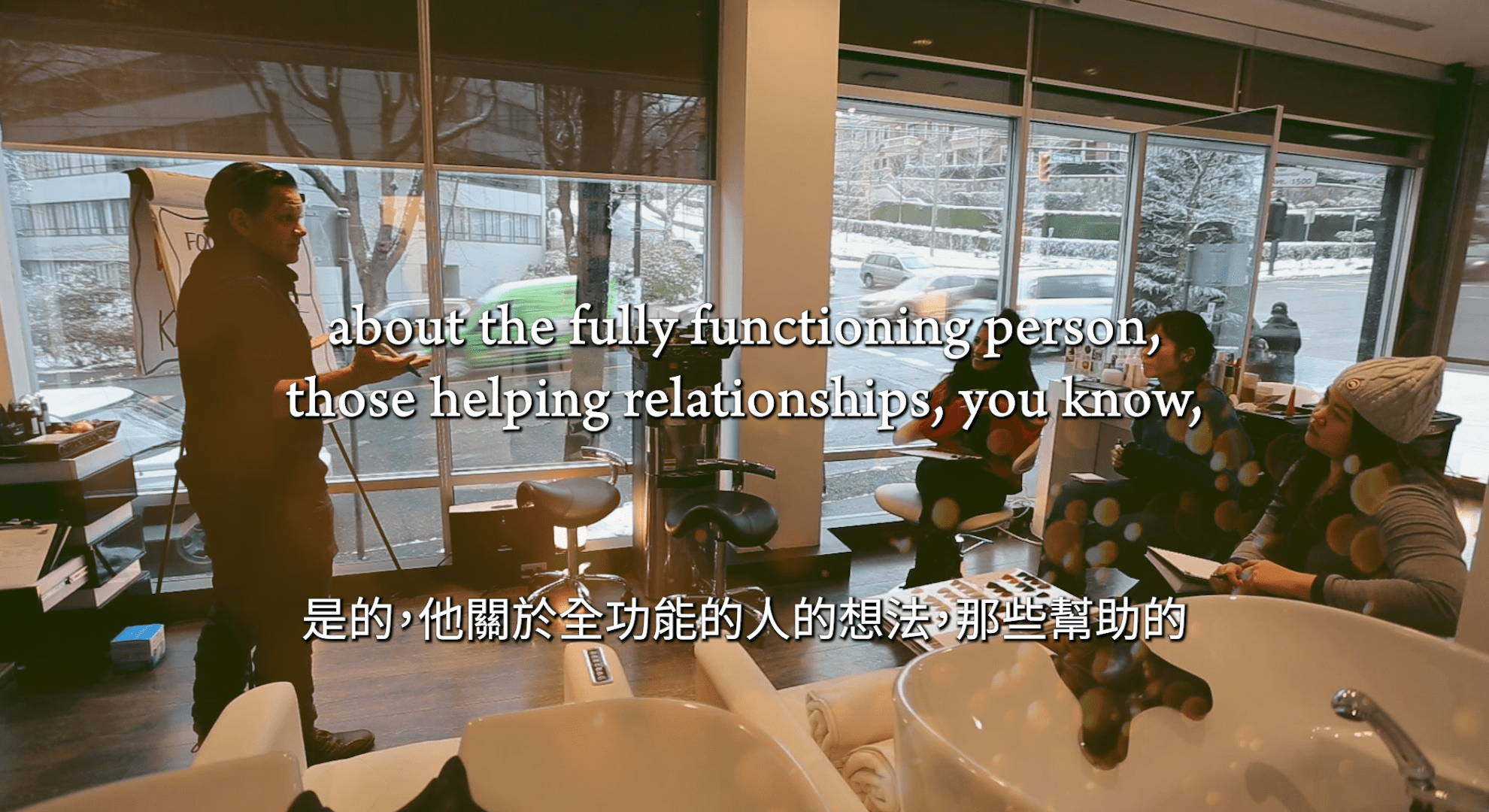
Table of Contents
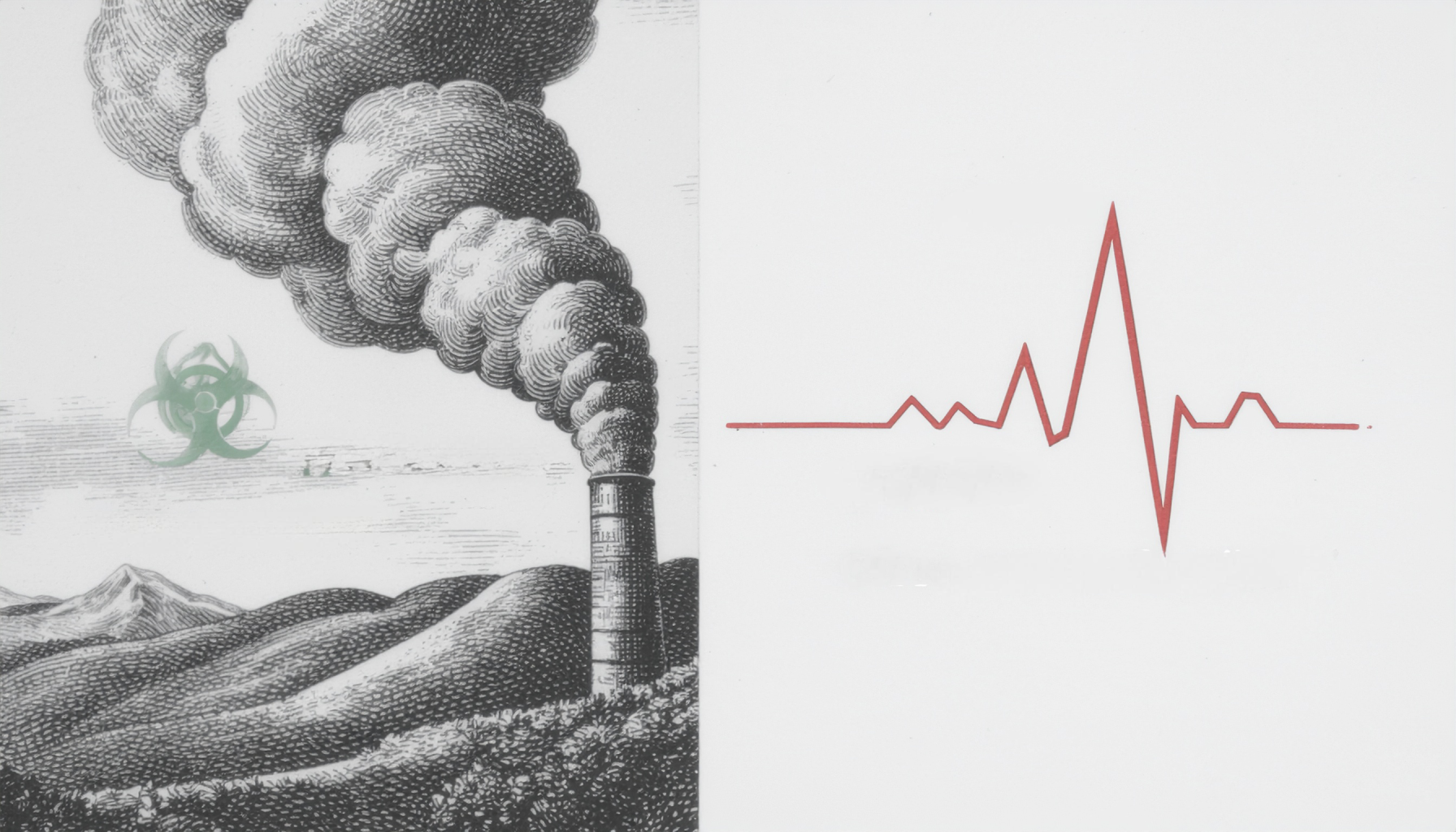
Metro Vancouver Incinerator Health Alarm & River District Energy Cost Implications
Independent tests commissioned by CAPE‑BC detected toxic equivalency of 44 pg/g of dioxins and furans in roof dust within 500 m of Metro Vancouver’s Burnaby waste‑to‑energy facility—nearly twenty times Health Canada’s safe threshold. The finding reignites debate over the publicly owned incinerator, now operated by Veolia and serving as the

Market Dynamics Through the Lens of Primate Behavior and Government Influence
Even in the animal kingdom, behaviors emerge that seem to defy strict logical utility yet become deeply ingrained social norms or fads. Researchers observed chimpanzees at a Zambian sanctuary adopting a peculiar “fashion”—sticking blades of grass in their ears, and even rears—a seemingly “pointless” trend that was copied from one
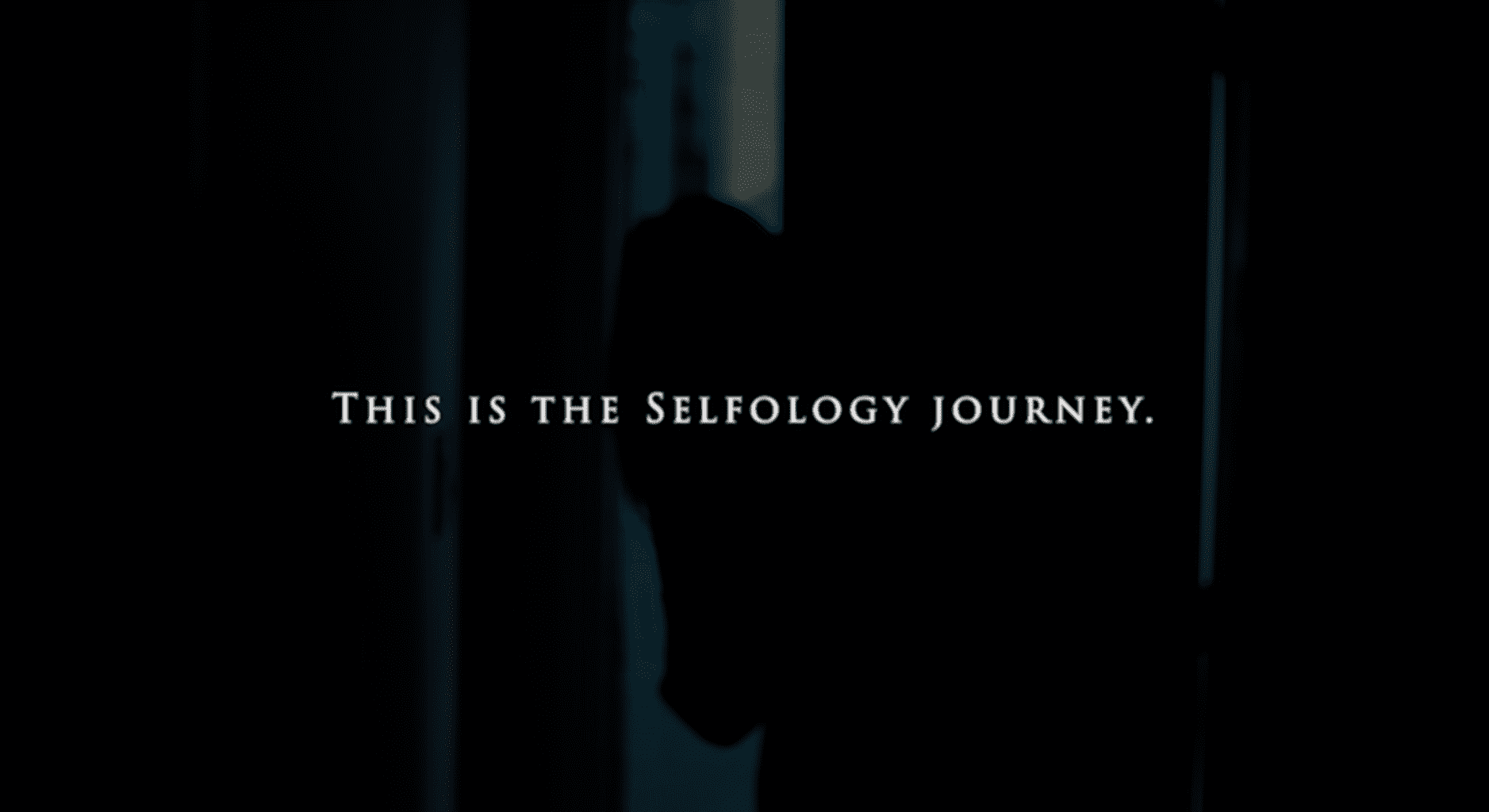
On Air: This is the Selfology journey.
Welcome to our podcast, where we blend diverse sources to explore Carl Rogers’ humanistic psychology and the innovative Selfology business plans.
Follow us as we reflect on a decade of transformative growth both personal and the hub.
This is the Selfology journey.
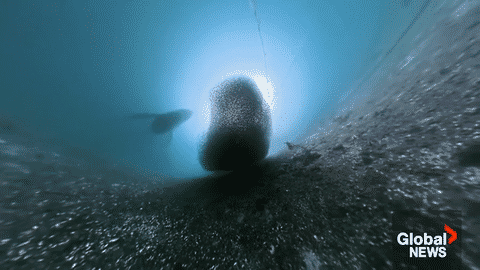
When We Fail: How a Dropped Camera Taught Us About Hope, Faith, and the Beauty of Messing Up
When things fall apart (or into the ocean), they might just be falling into place. Discover how a mishap in Barkley Sound gave us all a lesson in hope, faith, and the magic of unexpected moments. Spoiler: a whale and some sea lions might be involved.
Metro Vancouver Incinerator Health Alarm & River District Energy Cost Implications
Independent tests commissioned by CAPE‑BC detected toxic equivalency of 44 pg/g of dioxins and furans in roof dust within 500 m of Metro Vancouver’s Burnaby waste‑to‑energy facility—nearly
Market Dynamics Through the Lens of Primate Behavior and Government Influence
Even in the animal kingdom, behaviors emerge that seem to defy strict logical utility yet become deeply ingrained social norms or fads. Researchers observed chimpanzees
When We Fail: How a Dropped Camera Taught Us About Hope, Faith, and the Beauty of Messing Up
When things fall apart (or into the ocean), they might just be falling into place. Discover how a mishap in Barkley Sound gave us
On Air: This is the Selfology journey.
Welcome to our podcast, where we blend diverse sources to explore Carl Rogers’ humanistic psychology and the innovative Selfology business plans.
Follow us as we reflect
NNNN [SEP] CV
2025.01.01 8110 [SELFOLOGY] Plan Podcast
This is the Selfology journey.
Welcome to our podcast, where we blend diverse sources to explore Carl Rogers' humanistic psychology and the innovative Selfology business plans.
